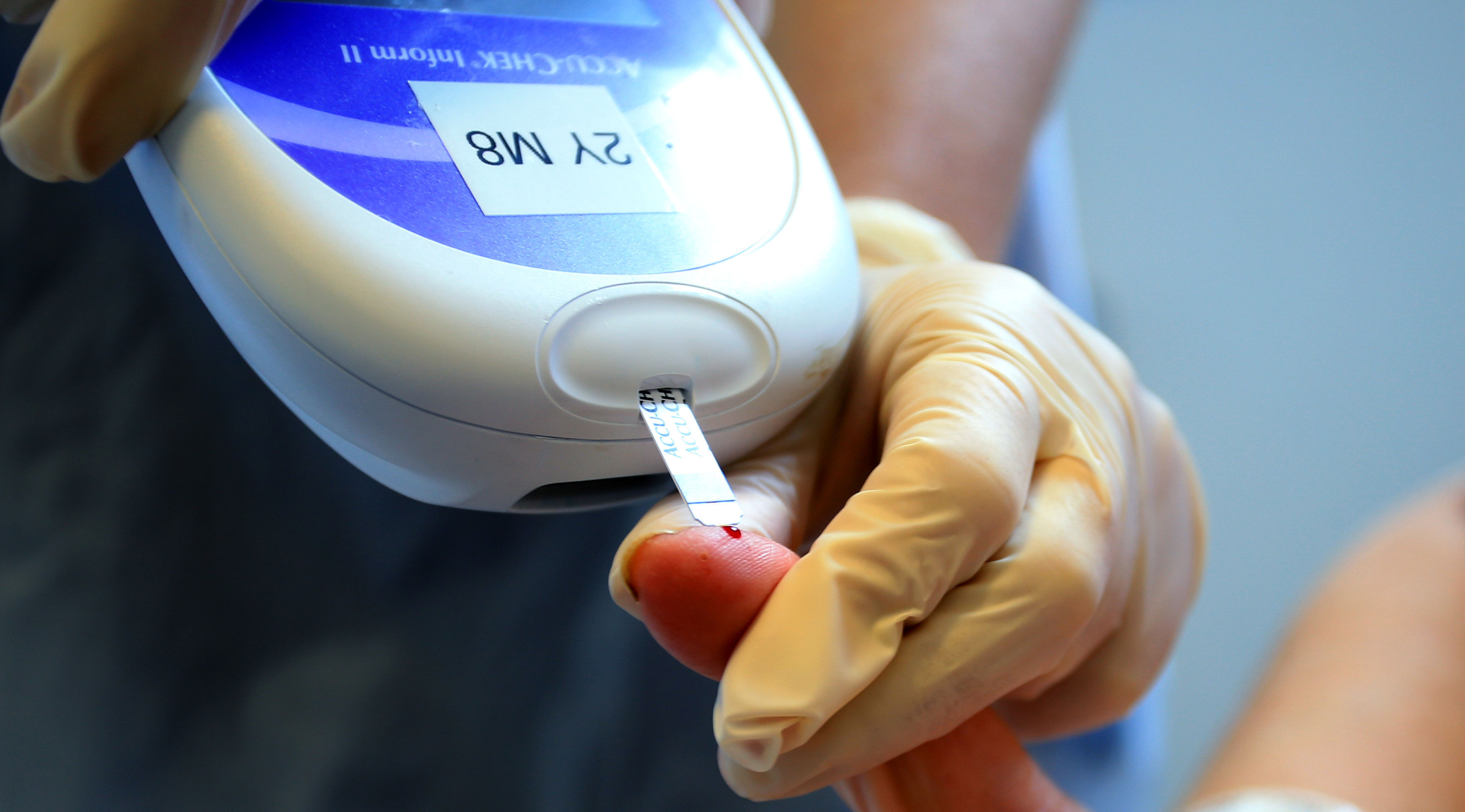
Treatment for diabetes may reduce a woman’s “breast density” – a significant risk factor for breast cancer, a new study suggests.
Having diabetes controlled by diet or pills such as metformin decreases mammographic density, researchers found.
Women who are deemed to have “high breast density” are at a significantly higher risk of developing the disease than others.
Experts hope that more research will be conducted into the effect that cheap drugs such as metformin have on breast cancer.
While having diabetes controlled by diet or pills decreases breast density, taking insulin for the condition may have the opposite effect and increase mammographic density, according to the study which is to be presented to the European Breast Cancer Conference in Amsterdam.
Experts examined results from more than 5,600 women in Denmark, including 137 with diabetes, who were taking part in the Danish Diet, Cancer and Health cohort and attended breast screenings between 1993 and 2001.
More than half of the women were deemed to have “mixed or dense” breasts.
They found that having diabetes was significantly inversely associated with having “mixed or dense breasts”, with similar associations for women who took pills for their diabetes and those who controlled it by diet alone.
Meanwhile, diabetic women taking insulin seemed to have increased odds of mixed or dense breasts, researchers found.
Lead author Dr Zorana Jovanovic Andersen, associate professor of epidemiology at the University of Southern Denmark, said: “Diabetes is associated with an increased risk of breast cancer, but the exact mechanisms which bring this about are still unclear.
“One of the characteristics of cancer cells is their ability to grow rapidly and uncontrollably, and to resist the programmed death that occurs in non-cancer cells. Therefore, growth factors are critical to cancer development and progression.
“We know that insulin is an important growth factor for all body tissues, and even if we do not know exactly how it affects the development of cancer cells, it is also highly plausible that it increases breast density.”
She cautioned that even though her team found that insulin treatment is associated with increased breast density, the finding does not imply that insulin use increases breast cancer risk.
She added: “We would urge all women, both with diabetes and without, to take measures to reduce their risk of developing breast cancer through simple lifestyle changes, such as avoiding obesity, reducing alcohol consumption and exercising,” she will conclude.
Chair of the conference, Professor Fatima Cardoso, director of the breast unit of the Champalimaud Clinical Centre in Lisbon, Portugal, said: “There has been much research into the role of the insulin pathway in breast cancer, but the exact mechanisms are still unknown.
“This study shows clearly that a link between diabetes treatment and breast density, an important risk factor for the disease, has been made.
“I hope that these findings will lead to further research into the effect of cheap, easily-available drugs such as metformin, not just on breast density, but on breast cancer risk overall.”
READ MORE
Ovarian cancer snuck up on bride’s already poorly mum
Young boy must wear sun cream every day to prevent secondary cancer

Enjoy the convenience of having The Sunday Post delivered as a digital ePaper straight to your smartphone, tablet or computer.
Subscribe for only £5.49 a month and enjoy all the benefits of the printed paper as a digital replica.
Subscribe